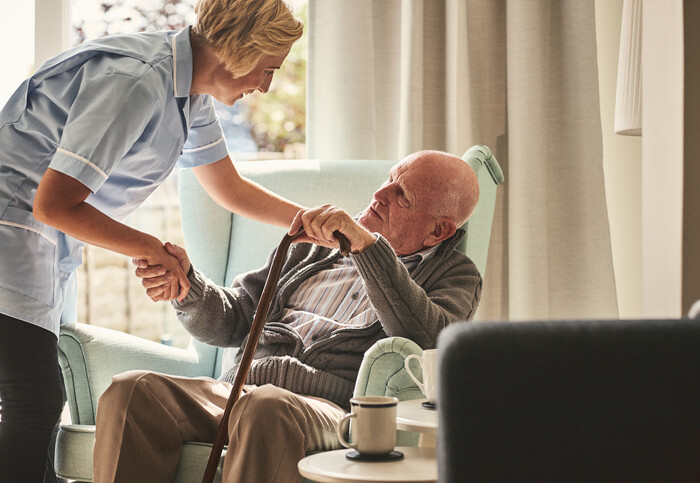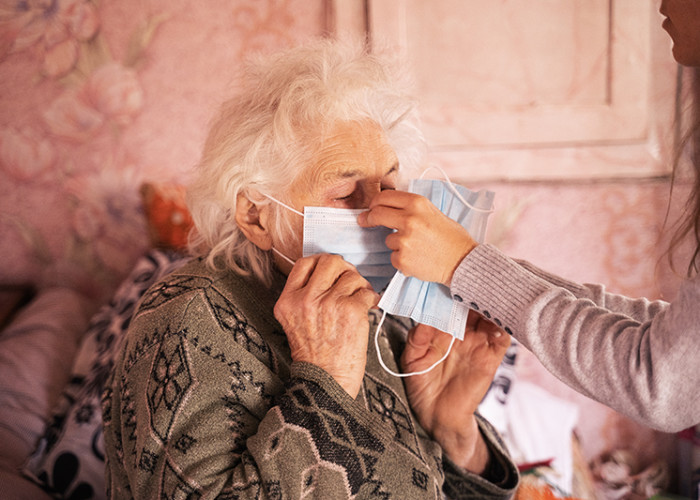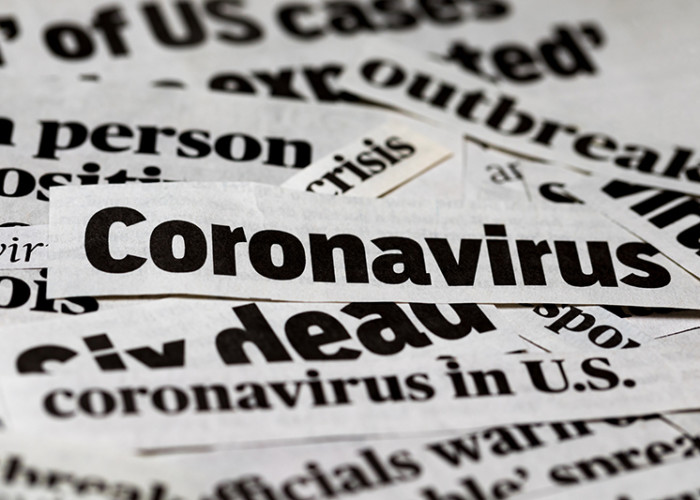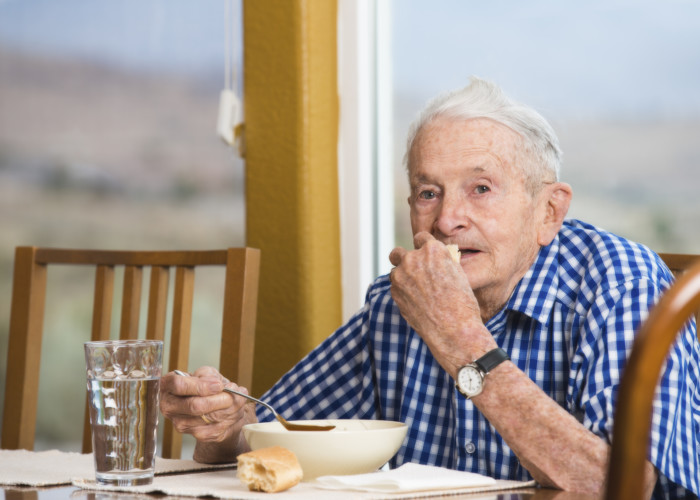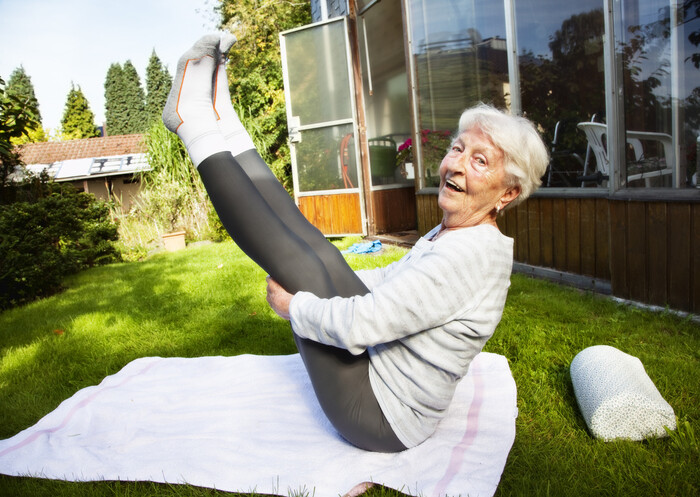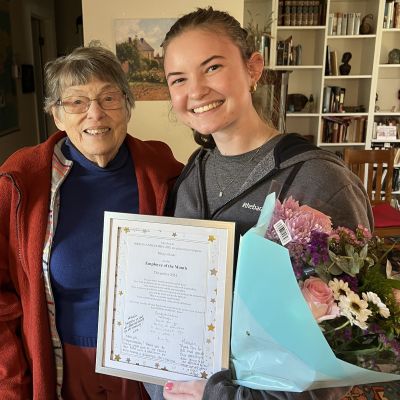Medical News
Tips for Effectively Managing Medical Issues for Seniors
Managing medical issues for seniors requires effective communication.
Out of all the many responsibilities a family caregiver faces, possibly one of the most difficult is managing medical issues. The National Council on Aging estimates that around ¾ of all seniors are identified as having at least two chronic illnesses, and they are seeing an average of four healthcare specialists.
As your senior parent’s advocate, it’s crucial to know how to communicate effectively with those from the older adult’s medical team, and also to arrive at appointments fully prepared to address any and all issues. The following four questions are a good starting point:
Are all of these prescription drugs required? With most aging parents taking multiple medications, you will want to keep an in-depth list and examine regularly with the doctor and also the pharmacist, both of whom … Read More »
10 Myths About Mesothelioma and Asbestos
Learn the facts about asbestos exposure and mesothelioma.
Unfortunately, there are quite a few misconceptions regarding mesothelioma, the rare and aggressive disease caused by asbestos exposure. Some people ask, “Is mesothelioma contagious?” Others believe the disease is linked to smoking.
These incorrect assessments range from how people develop mesothelioma to where the disease forms within the body. Other mesothelioma myths include the demographics affected by mesothelioma, the amount of asbestos exposure needed to develop the sickness and the legality of using the substance in the United States.
Below are some common myths about mesothelioma and asbestos, as well as the realities of the disease:
Myth 1: Smoking Is Linked to Mesothelioma
Smoking is not linked to mesothelioma. The act does not cause or increase your risk of developing the disease. The disease forms along the mesothelium, which is a lining … Read More »
Dementia Caregiver Tips for COVID-19
Our team is here to keep you informed with the most useful dementia caregiver tips for COVID-19.
Providing caregiving assistance for your family member with dementia is complicated under the best of conditions; mix in a global pandemic, one that calls for social distancing, masks, and meticulous sterilization of both ourselves and the environment, and the challenge may seem impossible.
Hired Hands Homecare’s team of caregivers offers the following dementia caregiver tips to help reduce anxiousness and irritation for those diagnosed with dementia, while keeping both them and their caregivers safe:
Make self-care a top priority. Now more so than ever, it’s extremely important to assess your own personal degree of stress, and take action to make sure you’re healthy – both physically and emotionally. You can only supply the best help for a senior loved one if your … Read More »
The 6 Best Coronavirus Resources for Seniors and Family Caregivers
Our team is here to provide the best resources for seniors and keep your family safe
Researching where to turn for the current, most dependable information about COVID-19, especially as it relates to older adults and people who take care of them, is extremely important – and can be difficult. Because of so many sources and differing opinions on this serious subject, we wanted to help make it more straightforward to locate what you need by building the following list of trusted Coronavirus resources for seniors and family caregivers.
COVID-19 Guidance for Seniors: The CDC’s COVID-19 Guidance for Older Adults web page includes a great deal of information, including help determining who is at higher risk, symptoms, how to protect yourself, a checklist for the household, stress and anxiety coping advice, and much more.
Coronavirus: What Seniors and People with … Read More »
4 Safer Alternatives to Sleep Medication for Seniors
Sleep medication for seniors can, in some cases, be dangerous.
What could be better than waking up well rested after a full night’s sleep, feeling energized and ready to face the day? For some seniors – as many as one in three – getting sufficient sleep is something that only happens in their dreams. And sadly, it’s a common assumption that lack of sleep is something we just need to accept in our later years – a misconception that Preeti Malani, M.D., chief health officer and professor of medicine at the University of Michigan wants to dispel. According to Dr. Malani, “If older adults believe that these changes are a normal, inevitable part of aging, they may not think of it as something to discuss with their doctor. And not discussing it can potentially lead to health issues not … Read More »
The Surprising Hazards Associated with Pill Organizers and Medication Management
Medication management using pill organizers isn’t as easy as you may think for seniors.
Older adults, on average, take as many as 15-18 different prescriptions each day, so it’s no surprise that so many seniors end up missing doses or taking incorrect doses of their medications. And there are serious health complications that can occur as a result of these medication errors. One solution is the pill organizer: such a basic idea to simply put the right medications into the right little boxes each day. However, there are surprising hazards of pill organizers that people don’t realize.
Which Diet for Seniors Is Better: Nutritional Supplements, or Natural Foods?
Find the information you need to choose the best diet for seniors.
Determining the best diet for seniors can be challenging. With the many factors that impact an older adult’s ability to maintain a healthy diet, it’s important to know how to obtain the most nutritional punch for the foods your older loved ones are willing or able to consume.
Nutritional supplements, such as Boost and Ensure, are often recommended for the elderly, in order to ensure necessary vitamins and minerals are consumed each day, but many people wonder how these drinks stack up to real, natural foods. We decided to find out!
We first looked at two healthy food options that are easy, convenient, and low in cost for seniors to enjoy for breakfast or a snack: low-fat yogurt, and an orange. Together, these foods offer … Read More »
Senior Malnutrition Is Surprisingly Common. Learn How to Detect and Prevent It Here.
Keep your loved one’s safe from senior malnutrition.
Remember getting together for Sunday meals at Grandma’s house, when everyone gathered around the table for a home-cooked meal, conversations, and laughter? Unfortunately, with so many families now living at a distance from their elderly loved ones, and with so many varying needs pulling us in multiple directions, it’s hard to maintain this tradition – and it may be just one of the factors contributing to a recent dramatic increase in senior malnutrition.
In fact, as many as 25% of all adults over age 65 in the U.S. are malnourished, triggering critical health concerns. For some seniors who live alone, they simply aren’t inclined to want to prepare nutritious meals for themselves. Others are undergoing feelings of grief, depression, anxiety, cognitive difficulties, poverty, medication side effects, and many other influencers … Read More »
Dementia Exercise Suggestions for Each Stage of the Disease
Try these dementia exercise recommendations for each stage of the disease.
The many advantages of staying physically active are clear, but what is not as well known is that exercise can be extremely beneficial for those with Alzheimer’s disease, for a number of reasons: reducing the risk for muscle weakness and other issues that stem from inactivity, easing the effects of psychological and behavioral challenges, and much more.
As with anyone considering starting a new exercise routine, the doctor should first be consulted. Then, try these dementia exercise suggestions, utilizing the following strategies per each person’s individual abilities and the appropriate stage of the disease:
Early Stages
Older adults in the initial stages of Alzheimer’s disease can often still fully enjoy active and social exercises like walking, dancing, bowling, golf, and swimming, even though some degree of … Read More »
The Latest Guidelines on Exercise for Arthritis Management
The latest recommendations make it even easier to exercise for arthritis management.
We all need to exercise and stay as physically active as possible, and older adults are no exception. But those who are challenged by the pain and stiffness of arthritis have an additional hurdle to overcome to maintain a healthy level of physical activity.
The good news: the most recent recommendations reduce the level of intensity of activity for older adults diagnosed with arthritis, suggesting as little as just 45 minutes of exercise per week to achieve and maintain a higher degree of functionality – much less intimidating for those who may typically shy away from exercise.
Per Northwestern University professor Dorothy Dunlop, “Even a little activity is better than none. For those older people suffering from arthritis who are minimally active, a 45-minute minimum … Read More »




